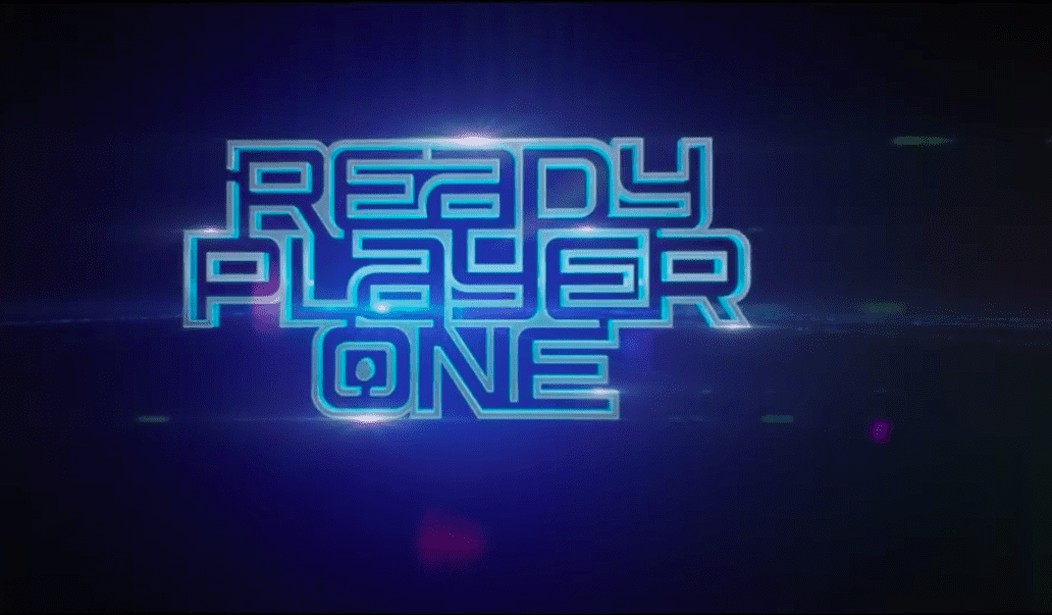On Friday, Stephen Spielberg’s “Ready Player One” hit theaters in the U.S., and it is expected to earn about $50 million at the box office this weekend. Another video game flick, “Tomb Raider,” has earned $46 million at the U.S. box office since its debut earlier this month. These video game films seem particularly noteworthy for likely deliberate efforts to minimize the sex appeal often associated with women in video games.
High levels of sexual content have become the norm in teen entertainment, from movies to television to novels. Video games in particular are infamous for including sex scenes to appeal to young male fantasies.
More specifically, each of these specific franchises has a more salacious past. When Angelina Jolie played Lara Croft in the original “Tomb Raider” (2001), the directors had her wear a padded bra despite her already large breasts. The book “Ready Player One” includes a sexual encounter between the main character and a sex doll, with masturbation themes.
These sexual elements did not make the final cut for either of the 2018 films, perhaps due to the influence of GamerGate and the #MeToo movement.
“Tomb Raider” fans — both those who played the video games and those who loved the 2001 film — complained that the new Lara Croft, Alicia Vikander, does not have the ample breasts of the original franchise. Indeed, this Croft seemed less a sexual object and even more a complete character in her own right, with sexuality an afterthought in the movie.
The downplaying of sexual elements proves even more pronounced in “Ready Player One.” The movie revolves around a fantasy world, “the Oasis,” where characters can live out their dreams. Besides a very brief reference to a seedy motel, and a brief scene of intimate dancing, the film involves no sexual themes at all. There is even a nod to the fact that, like in online dating, someone’s online avatar might not reflect their real-life attractiveness, or even their gender.
Since the first “Tomb Raider” in 2001 and the “Ready Player One” book in 2012, two movements have raised deep questions about sexual issues in video games and Hollywood.
“GamerGate” erupted in August 2014 and sparked questions about men abusing women in video game culture. A few years later, the #MeToo movement drew attention to sexual assault, famously revealing and taking down sexual predators like former Hollywood producer Harvey Weinstein.
Perhaps due to these movements, the directors behind the most recent “Tomb Raider” and “Ready Player One” seem to have made a conscious decision to minimize the sexual aspects of each film, and the movies are arguably better for it.
“Tomb Raider” focuses more on Lara Croft’s relationship with her father. While the movie has a few serious problems — like not quite making sense — it is arguably an improvement on the original “Tomb Raider,” which made even less sense. The action sequences are superb (if over-the-top), and illustrate how video game action can translate to the big screen.
“Ready Player One,” however, is arguably a masterpiece. Besides a slight continuity problem — where are the police when this big corporation is ruling the society and killing people willy nilly? — the film holds together extremely well, and builds point-by-point to a stellar conclusion. The world of the Oasis proves immersive and provides a powerful social commentary about America’s vast entertainment culture.
Beyond that, “Ready Player One” is essentially a high fantasy in cyberspace, complete with mystical items, a quest, and clever twists and turns to keep the audience — and the clueless villains — guessing.
“Tomb Raider” is too full of action and father-focused character development for sexual themes to add anything to the film. “Ready Player One” pulses with action, intrigue, mystery, mind puzzles, and more. The lack of sexual themes arguably makes both movies better than they otherwise would be.
Whatever the impact of #MeToo or GamerGate on these films, they are better for having cut out the sex. Other movies, television shows, and perhaps even video games should take a lesson from their success. Even video game movies can lose the sexual elements, and be better for it.









Join the conversation as a VIP Member